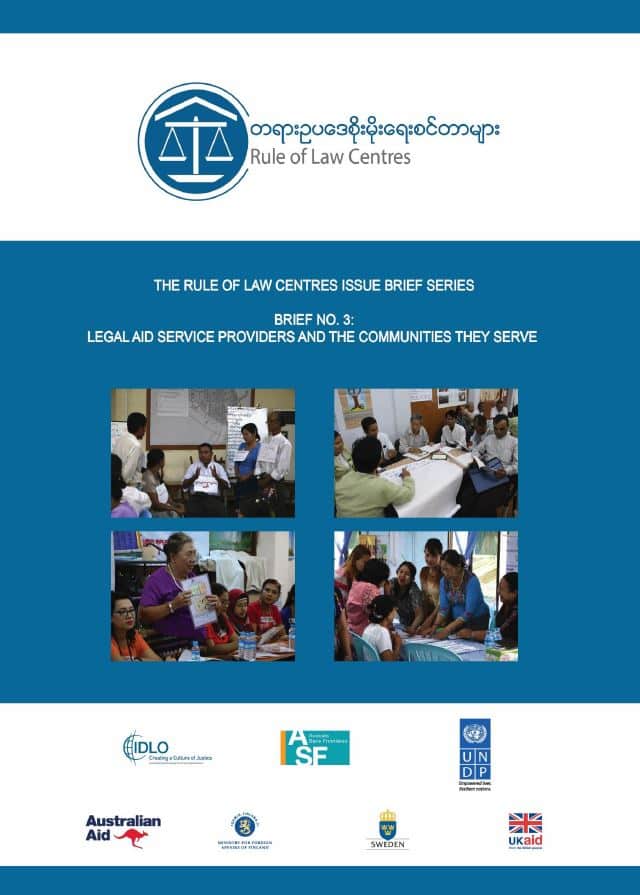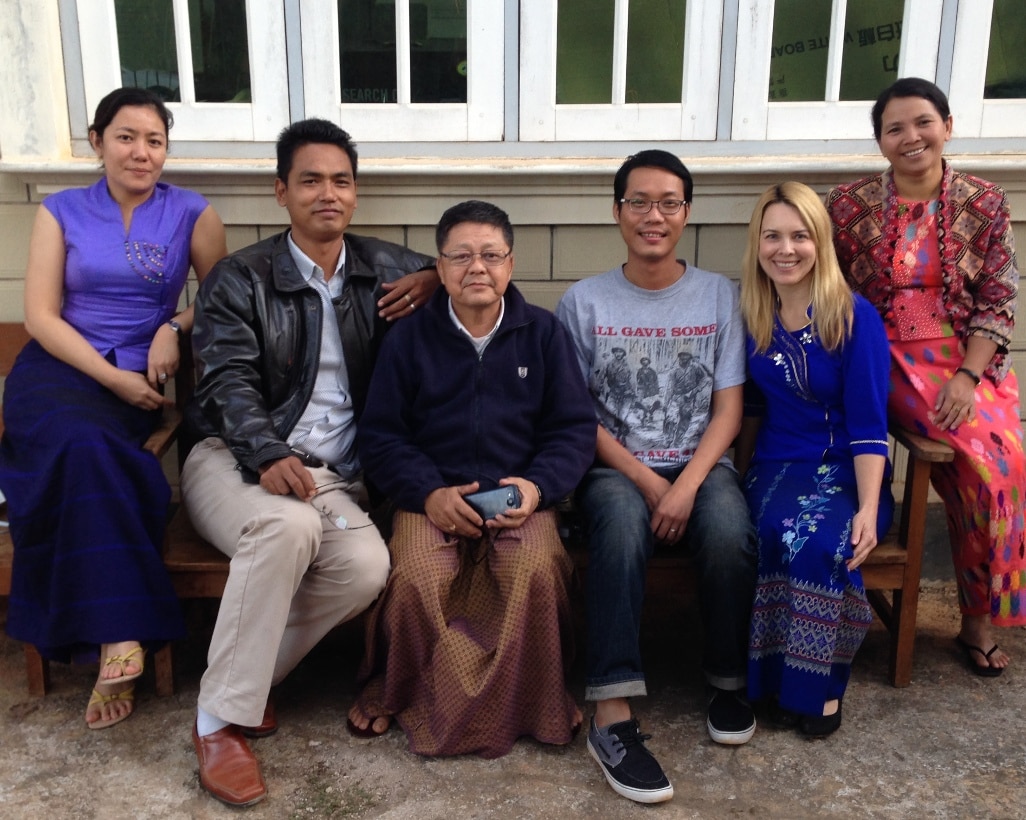Country: Myanmar
-

-

Tackling gender based violence in Myanmar: a pro bono lawyer’s perspective
Gender based violence is a social and economic problem in Myanmar, for which the national criminal justice system requires new measures to respond effectively. In collaboration with ActionAid International, ASF provides technical expertise and guidance to improve access to justice for persons who are at risk and/or have suffered GBV. Lionel Blackman, member of ASF’s…
-

Myanmar: The “Pro Bonos” in action
Myanmar – The Rule of Law Centres Pilot Project supported by UNDP has come to an end. The project aimed at providing training on local justice issues to legal professionals and civil society and at encouraging them to use rule of law principles into their work. Seven legal experts, members of ASF’s International Legal Network…
-

Rule of Law Education Leading to Social Justice in Myanmar
The need for justice education in a country just emerging from more than 50 years of military dictatorship is undoubted. “Rule of law” is a prevalent but rarely understood term here. ASF trainers and other partners provide training in the framework of a UNDP-funded Rule of Law Centre Pilot Project.
